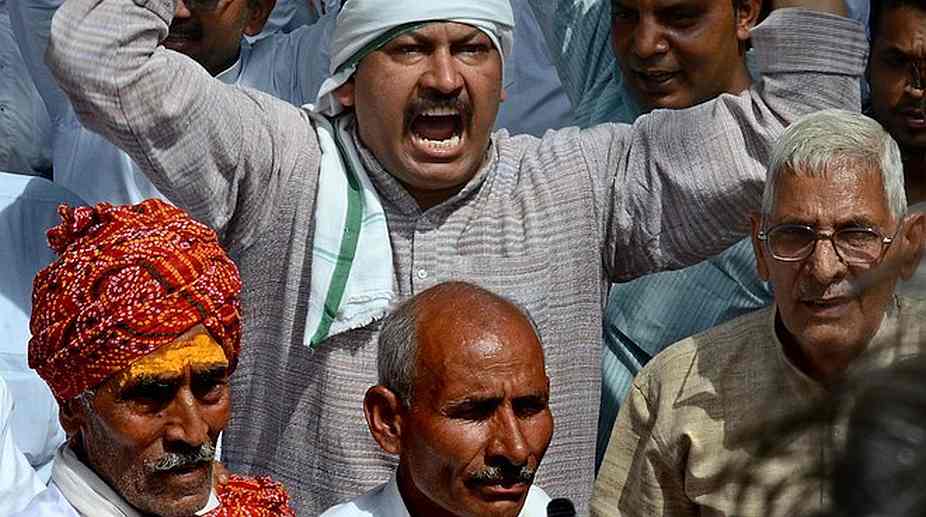India’s Got Latent: SC issues notice on YouTuber Ashish Chanchlani’s plea against FIRs
SC issues notice on YouTuber Ashish Chanchlani’s plea to quash or transfer FIR in India’s Got Latent case; tagged with Ranveer Allahabadia’s petition.

Representational image(Photo: SNS)
An essay towards ending the persecution by khap panchayats ought now to be initiated with Tuesday’s Supreme Court directive (coram: Dipak Misra, CJ, AM Khanwilkar and DY Chandrachud , JJ), decrying as “absolutely illegal” the attacks on, when not killings of, couples in the wake of inter-caste or same gotra marriages. The judicial intervention was long overdue after such horrendous developments were reported a couple of years ago, most particularly in Rajasthan, Haryana and Uttar Pradesh, even the national Capital.
The robust intervention comes after the police and the executive in the larger context had failed to check the barbarity, almost medieval, and as often as not due to the suspected involvement of legislators in ordering the imprimatur of the khap. Indeed, the Centre had pleaded with the apex court to put in place a mechanism to monitor crimes against women that were perpetrated by the khap. In real terms, the national government has pleaded its helplessness as well as that of the police in the affected states.
Advertisement
At the core of such retrograde reaction is the fact that superstition and ignorance are still the two nooses hung around the neck of civilization in India of 2018. Both have had a long run from the 19th century to the 21st. Have the momentous reforms been forgotten? It is also testament to the existence of a parallel and hideous system of justice. And yet governments both at the Centre and in certain states have winked at the operations of these quasi-judicial entities.
Advertisement
There is little doubt that the khaps have turned the clock back on societal mores, and the apex judiciary has eventually signalled its intent to ensure that the clock ticks in step with the times. The political meddling has been obvious enough, and this has doubtless added to the murk. The Supreme Court has made it explicit that if “an adult man and woman marry, no khap, individual, village panchayat or society can question them”. Clearly, the praxis of the khap has gone beyond the certitudes of civility.
To buttress the contrived compulsion of “family honour” is to attempt a feeble defence of an ugly truth. Hence the court’s directive to the Centre to furnish its response to suggestions advanced by the amicus curiae, Raju Ramachandran, on ways to put a stop to the canker that has permeated a section of society.
Hence the court’s decision to examine the frightful situation in three districts of Haryana and UP, the latter now under the rule of an ascetic. Hence also the summons to the SPs of Rohtak and Jind districts of Haryana and that of Baghpat in UP. Violent regression is the singular underpinning when there ought to be a qualitative change in the societal construct.
Advertisement